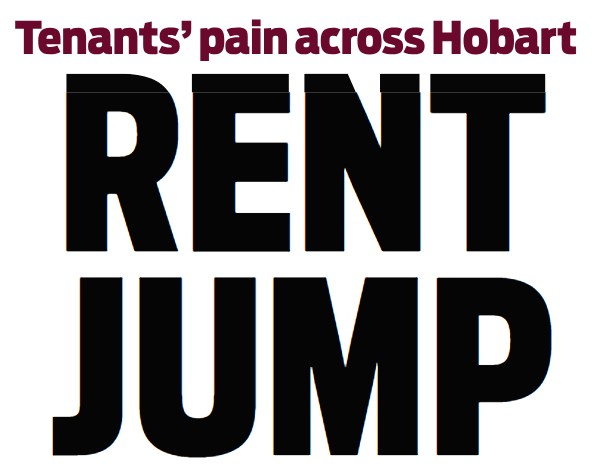The rise of the female investor in Australia
Mar 2025Karen Millers
Categories
Location ReportsMedia releasesNational market updatesPersonal advisersPIPA AdviserPIPA Annual Investor Sentiment SurveysPIPA Member ProfilesPIPA video updatesPIPA webinarsPodcastsProperty advisersProperty newsUncategorisedLatest Articles
The 10 “hottest” property markets around the nation revealed
TEA TREE GULLY : North Eastern Suburbs of Adelaide
Safeguarding Property Businesses Against Cyber Threats
Young purchasers sidelined as key buyer group returns to market
Sisters are increasingly doing it for themselves when it comes to investing, experts say in the run-up to another International Women’s Day on March 8.
And that’s despite the 11.5 per cent gender pay gap – or perhaps even because of it – which makes women more conscious of the need to invest to generate wealth and safeguard their assets.
“When I started in this industry 13 years ago, the number of men to women investors was 80 per cent to 20 per cent,” says Annabelle Nader, associate director of residential projects at CBRE. “Now, it’s much closer to 50:50.
“I find that women are recognising the power of real estate as a wealth-building tool when they weren’t necessarily before. They tend to look at investing differently than men, too. Women tend to consider the long-term impact of investments on their family and project into the future. For men, it’s more a simple financial decision.”
Their numbers are likely to grow in the future, with younger women more focused on investing than their mothers and grandmothers. A 2023 survey by Fidelity Investments found that women in Generation Z invested in the financial market at a 71 per cent rate and Millennials at 63 per cent, compared to Baby Boomers’ 57 per cent.
“Women are reshaping the investment market big time,” says licensed financial advisor Helen Baker, the author of Money For Life and the founder of On Your Own Two Feet, empowering women to gain financial freedom. “They are now very actively choosing to invest.
“In past generations, men made the decisions as they earned the money and generally women didn’t. But over time, things have changed and now women are so much more aware of the need to have money for their retirement, especially when we hear that over 40,000 are living out of their cars.”
Baker has found that men tend to be bigger risk-takers and more aggressive in their investment strategies; women tend to be more cautious and conservative about debt – until she talks to them about securing better returns.
That’s vital as women continue to enhance their wealth and become custodians of more than 65 per cent of an estimated $4.9 trillion intergenerational wealth transfer over the next 10 years, according to financial services research company CoreData.
Nicola McDougall, chair of Property Investment Professionals of Australia and co-author of The Female Investor – Creating Wealth, Security & Freedom Through Property, says that more and more women are prioritising their financial futures via strategic property investment given their historically poorer wealth outcomes compared to men.
“With women’s superannuation balances generally being much lower than men’s as well as more women experiencing housing insecurity, it is vital that we create financial independence wherever possible,” she says.
“A relatively simple way to achieve this is the purchase of a home or investment property while women are still single and, importantly, retaining individual ownership of it throughout any future relationship. This will improve her financial outcome in retirement and ensure housing security.”
Originally Published: Sue Williams | Domain | 5 March 2025
https://www.domain.com.au/advice/investor-iwd-2025-1357385
“Licensed by Copyright Agency. You must not copy this work without permission.”




